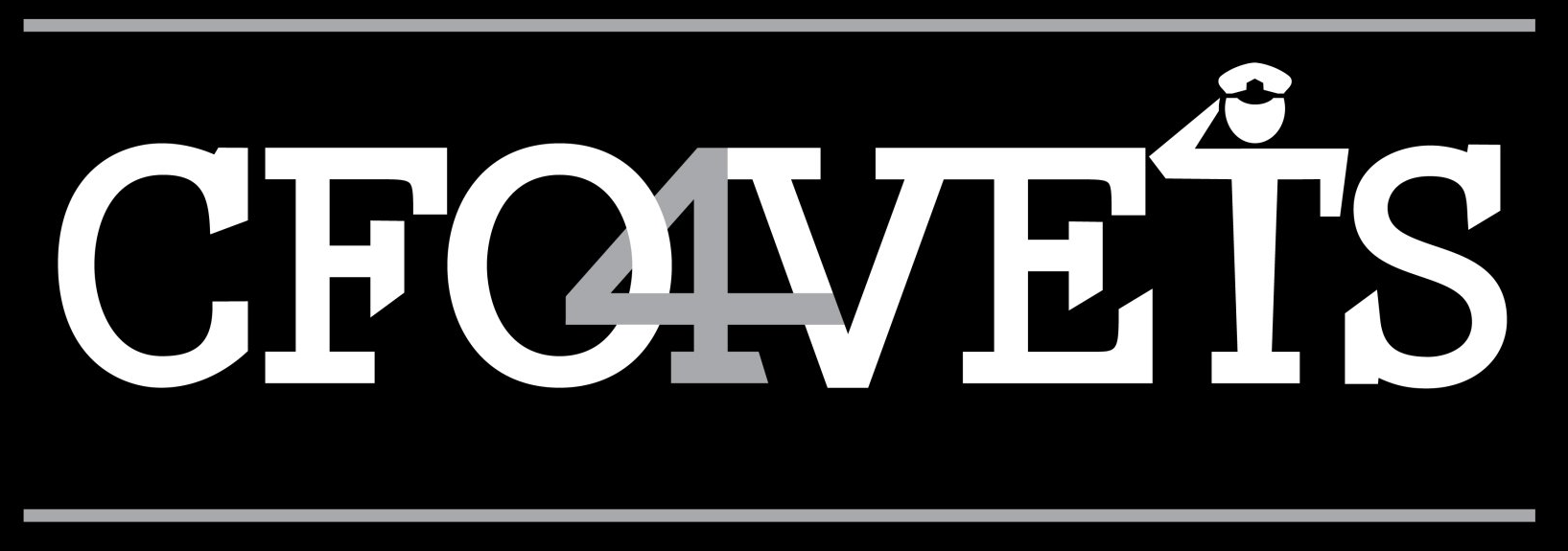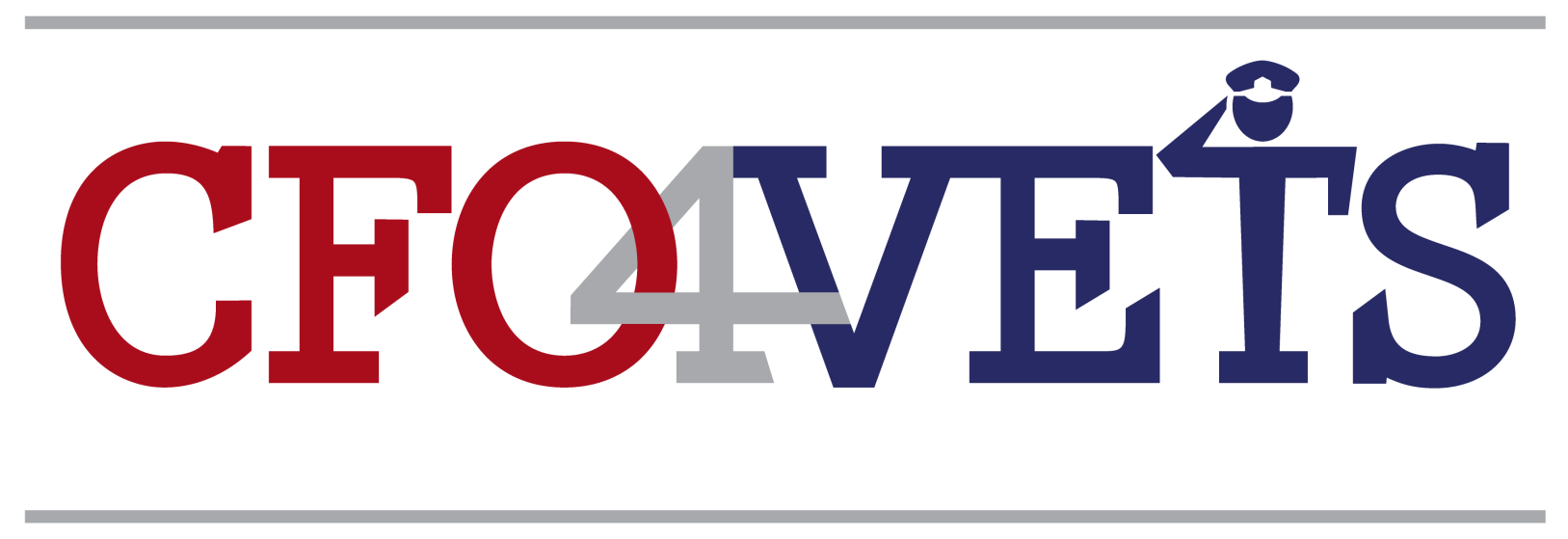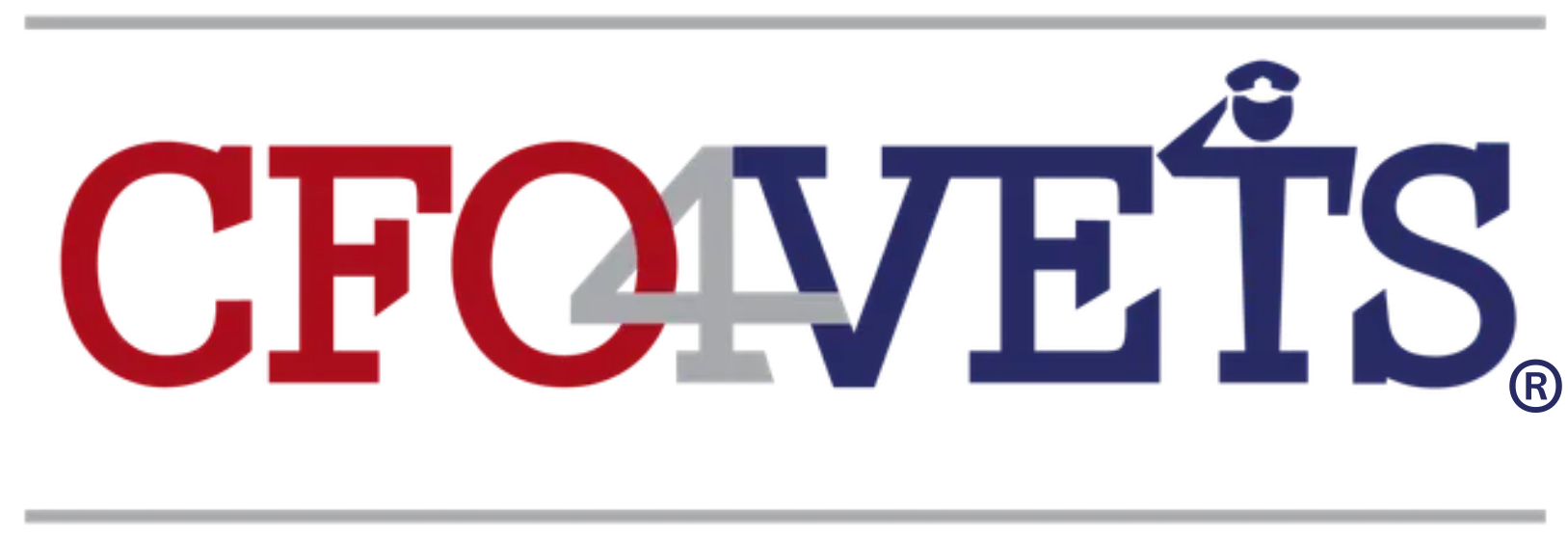How does a small business owner reduce the compliance risk associated with payroll and 401K plans? Let’s discuss some ideas to both reduce risk and increase efficiency.
First, be sure to outsource the compliance aspects of payroll to a third-party provider such as ADP, Paychex, Paycom, Gusto, etc. Specifically, tax filings should be handled by a professional payroll provider. Why?
Even before the pandemic, the risks associated with handling the nuances of each state and municipalities’ tax reporting and compliance were abundant. Tax compliance is both complicated and time-consuming. Fast forward to the present and the proliferation of employees working remotely. The expansion of remote work translates to more tax jurisdictions, added compliance, and thus heightened complexity, reduced productivity, and mounting minutiae.
Furthermore, small businesses cannot afford to run afoul of the IRS by filing payroll taxes in an untimely, inaccurate manner. There is no reason to escalate risk by filing the taxes using ill-equipped internal staff.
Lastly, if your business is struggling with cash flow, the temptation to delay tax remittances to shore up cash will persist. An external payroll provider will immediately remit the taxes, sparing temptation and risk.
Second, 401K contributions from employees must be remitted promptly to avoid penalties, excise taxes, and a host of potential issues with the Department of Labor (DOL).
DOL guidelines state that employee 401K contributions must be deposited to the plan on the earliest date that they can be reasonably segregated from the employer's general assets, but in no event may they be deposited later than the 15th business day of the month following the month in which the participant contributions are deducted from their pay. The language above does not give an employer an out on the prompt deposit of 401K contributions. In most businesses, deposits can be made electronically within 1-5 business days after payroll.
Additionally, small employers (100 or fewer employees) are subject to a safe harbor rule. Small employers can automatically satisfy the DOL deadline requirement when employee contributions are deposited no later than the 7th business day following the payroll date. So, seven business days after the payroll date is the latest date an employer can remit 401K contributions to the plan for a small employer.
The best practice for both small and large businesses is to set up automatic remittances the week following payroll to avoid a host of fines, filings, and fiduciary violations of your plan responsibilities. Consider it from an employee’s perspective. They entrust your company (the employer) to remit timely deposits of their 401K contributions to maximize investment returns.
Like remitting taxes, cash flow struggles will escalate the temptation to forward employee 401K contributions after the deadline to conserve cash. Thus, as referenced above, set up automatic deposits with your 401K provider and plan the timely deposits into your cash flow projections.
In summary, use an external provider to perform your payroll tax filings and remittances. The result will be increased compliance and heightened efficiency. To be clear, having internal accounting staff process the payroll is acceptable. Outsource all of the increasingly complex tax filings and deposits. Second, be sure to comply with the timely transfer of employee 401K contributions. Seven business days is the ceiling for small employer 401K deposits. Yet, the best practice is to remit 401K deposits the week following the payroll date for businesses of all sizes. For the maximum efficiency and optimum compliance, set up automatic deposits of employee contributions. Lastly, plan for payroll taxes and 401K deposits in your cash flow projections. Cash flow struggles will heighten the temptation to delay deposits.







